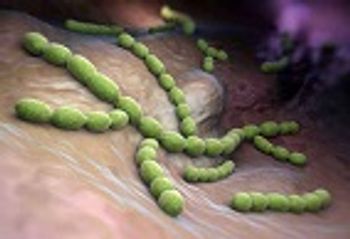
Nearly 900,000 people in the United States get pneumococcal pneumonia each year, resulting in about 400,000 hospitalizations annually.


Nearly 900,000 people in the United States get pneumococcal pneumonia each year, resulting in about 400,000 hospitalizations annually.
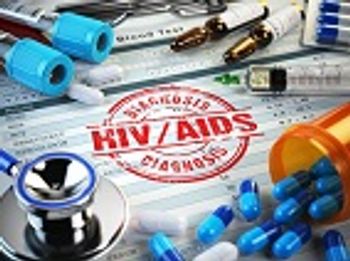
A new study led by researchers at the University of Oxford has offered insight into what happens when pharmaceutical drugs do not work as expected.

A new study has shown that infected wild house mice will disengage from their social groups, resulting in a decreased potential for disease transmission; these findings can be applied to improve models used to predict transmission of infectious diseases spread by social contact, such as Ebola and influenza.
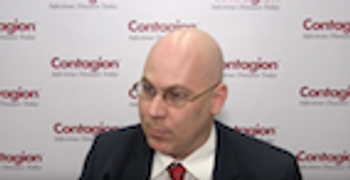
Kirk Hevener, PharmD, PhD, assistant professor of Biomedical and Pharmaceutical Sciences at Idaho State University, College of Pharmacy, discusses the advantages of narrow spectrum antibiotics.
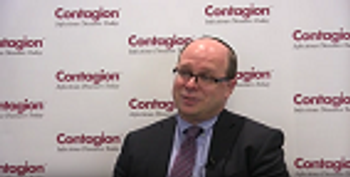
David Rosenthal, DO, PhD, medical director for the Center for Young Adult, Adolescent and Pediatric HIV Care at Northwell Health, discusses how close researchers are to finding a cure for HIV.

Kirk Hevener, PharmD, PhD, assistant professor of Biomedical and Pharmaceutical Sciences at Idaho State University, College of Pharmacy, explains how clinicians can identify pathogenic organisms to determine which narrow spectrum antibiotic to use for treatment.

Nearly a decade ago, 130 Veterans Health Administration facilities around the country introduced their methicillin-resistant Staphylococcus aureus (MRSA) Preventive Initiative to reduce transmission of the “superbug” in their hospitals and health centers.
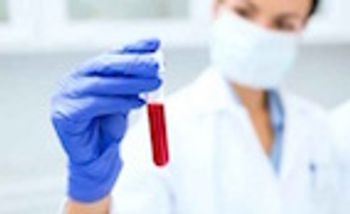
A new test that can effectively estimate HIV-negative patients’ adherence to prescribed drugs to prevent the transmission of human immunodeficiency virus (HIV) during sexual intercourse has been discovered by researchers at the Skaggs School of Pharmacy and Pharmaceutical Sciences at CU Anschutz.
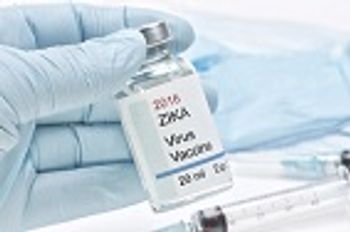
An anxiously awaited vaccine for the fight against Zika may be available sooner rather than later—if its developers and federal health officials get their way.
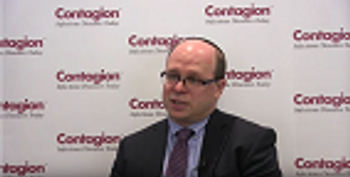
David Rosenthal, DO, PhD, medical director for the Center for Young Adult, Adolescent and Pediatric HIV Care at Northwall Health, explains why condom use is still recommended for HIV patients on antiretroviral therapy.

For the first time, the National Antimicrobial Resistance Monitoring System includes whole genome sequencing data of bacteria from individuals with antibiotic-resistant Salmonella infections.
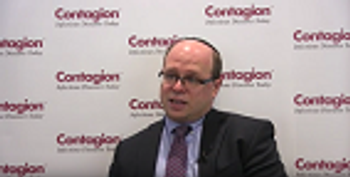
David Rosenthal, DO, PhD, medical director at the Center for Young Adult, Adolescent and Pediatric HIV Care at Northwell Health, reflects on a JAMA study, which states that use of antiretroviral therapy reduced the risk of HIV transmission during condomless sex.

In a new ruling, the US Food and Drug Administration (FDA) has declared that companies selling over-the-counter antiseptic washes will no longer be allowed to market their products as such due to doubts over these products’ safety and effectiveness.
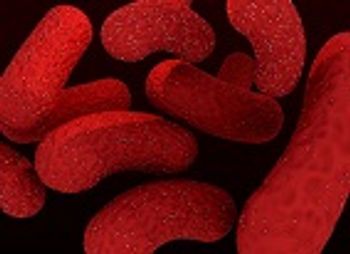
A group of German researchers recently published an investigative study on the source of drug-resistant pathogens in hospitals and treatment centers.
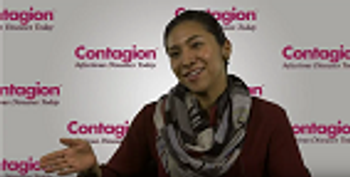
Micaela Martinez, PhD, postdoctoral fellow in the Department of Ecology and Evolutionary Biology at Princeton University, discusses how vector seasonality can potentially be used to eradicate polio worldwide.
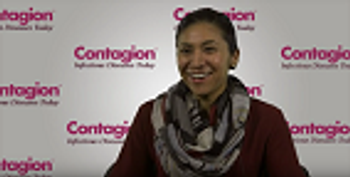
Micaela Martinez, PhD, postdoctoral fellow in the Department of Ecology and Evolutionary Biology at Princeton University, discusses how the poliovirus has not yet been eradicated despite preventive measures and deadlines.
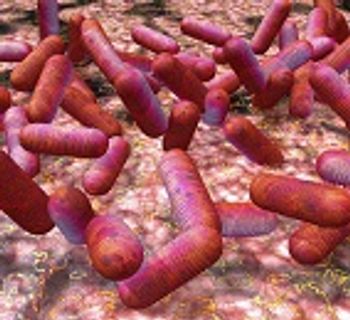
Studies demonstrate the effect of antibiotics on patients with hemolytic uremic syndrome and unique therapeutic challenges.

A new study shows that detecting and isolating Clostridium difficile carriers when they are admitted to hospitals can significantly reduce the incidence of new infections from the pathogen.
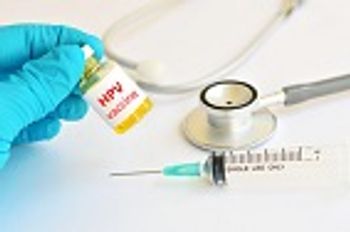
A new study found that parents are more likely to support making human papillomavirus (HPV) vaccinations mandatory for school enrollment, if they are able to opt-out.
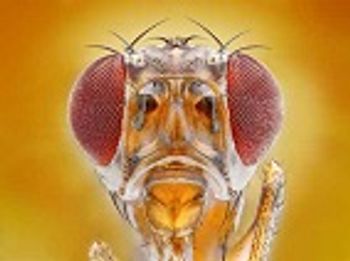
By using a fruit fly model of human papillomavirus (HPV) induced human cancer, a team of researchers from the University of Missouri hope to better understand the mechanism that allows HPV to cause cancer as well as identify therapies that can potentially treat HPV-induced cancers.
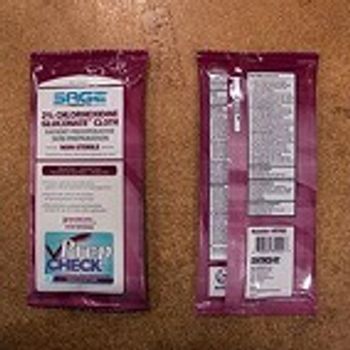
Sage Products has expanded a worldwide recall to include specific lots of impregnated cloth topical skin products.
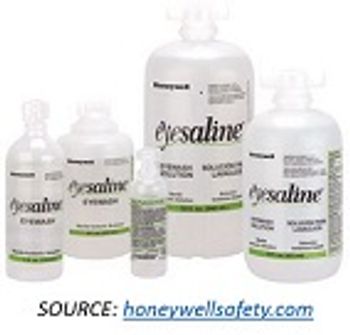
Honeywell announced a voluntary recall of one production lot of Eyesaline Eyewash as a precautionary measure.
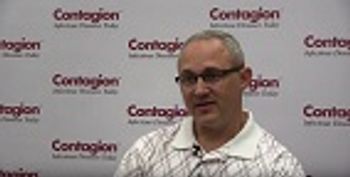
John Mohr, PharmD, president and founder of Medical Affairs Strategic Solutions, LLC, outlines factors that contribute to antimicrobial resistance and strategies to combat this threat.
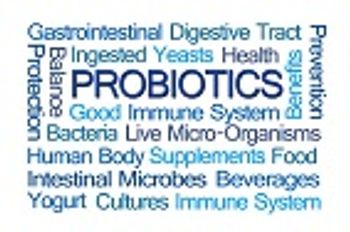
As the rise of antibiotic-resistant bacteria leads to higher rates of life-threatening infections from pathogens such Clostridium difficile and methicillin-resistant Staphylococcus aureus (MRSA), researchers are increasingly looking to probiotic treatment as an important part of fighting infections.
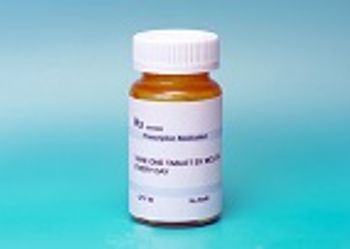
A new study conducted by the University of Maryland shows that the majority of the people who think that they are allergic to penicillin are not; increased access to testing within hospitals can improve treatment.